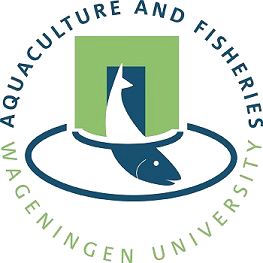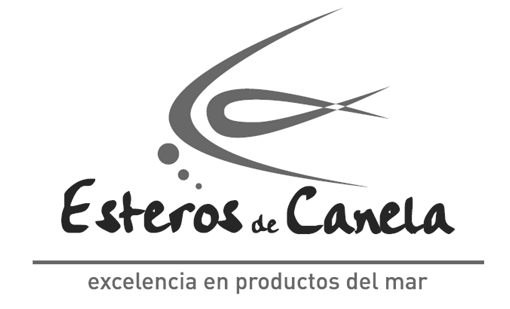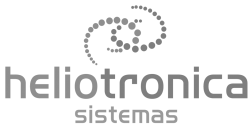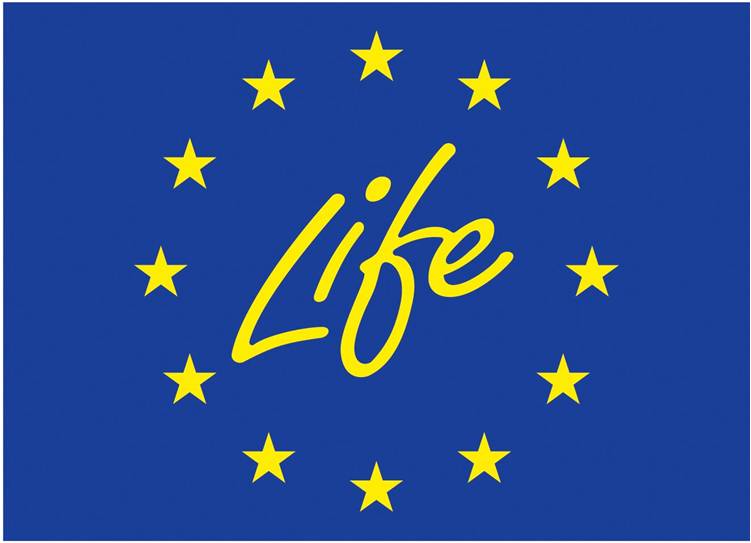FISHERIES AND AQUACULTURE GROUP. WAGENINGEN UNIVERSITY
Wageningen University (WU) is one of the leading international universities in the domain of healthy food and living environment. Wageningen University is also a very international university, with >30% of MSc students and >50% of PhD students coming from outside the Netherlands. All MSc education and PhD training is in English.
The Aquaculture and Fisheries Group of the Animal Science Department (WU-AFI) contributes to innovations in aquaculture by studying the interactions of feeds, digestive processes, and the faecal and metabolic waste produced by the animal, on one hand, with the water quality and microbial ecology of the rearing environment, on the other hand. As a result, WU-AFI built a strong reputation for its work on fish nutrition and aquaculture production systems, more specifically, on closed systems where water and nutrients are recycled and re-used. Several PhD students are currently working on low emission technologies, such as integrated seaweed-shellfish-fish systems; the production of microbial bio-flocs on solid waste produced by fish, and their use as feed ingredients in fish; modelling the thermal and energy balance of RAS based farms in the Netherlands, etcetera. Through all this work, WU-AFI aims to develop concepts for ecosystem based approaches in aquaculture and fisheries. The implementation of these approaches in their socio-ecological context is studied in collaboration with colleagues from social and environmental sciences, often via interdisciplinary research projects in S.E. Asia and Africa.
In all this work, WU-AFI paid much attention to dissemination activities and institutional capacity building projects, developing curricula and improving academic teaching with partner universities in Costa Rica, Nigeria, India, Indonesia and Vietnam. The group has also led collaborative interdisciplinary research projects funded by EU-INCO, FP5, FP6, as well as by WU’s INREF program and the Dutch Scientific Organisation (NWO) with partners in China, Vietnam, India, Bangladesh, Indonesia, Mexico.
Key Personnel
Prof. dr. Johan Verreth: Research interests: water quality management and environmental sustainability of aquaculture; head of WU-AFI; board member (1996-2008) and president (2004-2006) of the European Aquaculture Society; Verreth counselled Royal Ahold (retailer) during the development of its Sustainable Seafood Policy and supervised MSc students on benchmark systems for eco-certification labels. He coached several PhD students working on recirculating (RAS) aquaculture systems, reducing environmental impact through effluent treatment technologies and feed innovations.
Dr. Marc Verdegem: Research interests: Ecological intensification of aquaculture. The goal is to grow aquaculture animals in ecologically balanced production environments, while improving this balance when needed. Working on closed or semi-closed systems, focus is put on: (1) waste decomposition and water quality maintenance; (2) nutrient retention efficiencies; and (3) minimum waste discharge. Special attention is given improving the contribution of the (microbial) food web to nutrient efficiency and system stability and predictability.
Former EU Projects:
- FP7 EU-project AQUAEXCEL (JV member evaluation panel TNA)
- FP7 EU-project no. 288925 ARRAINA, (JV workpackage leader on dissemination)
- FP6 EU-project no. COLL-CT-2006-030384 SUSTAINAQUA (JV scientific director)
- FP6 EU-project no. 501984 WEALTH
- FP5 EU-INCO project ZAFIRA (JV coordinator)
More information in: www.wageningenur.nl/afi





